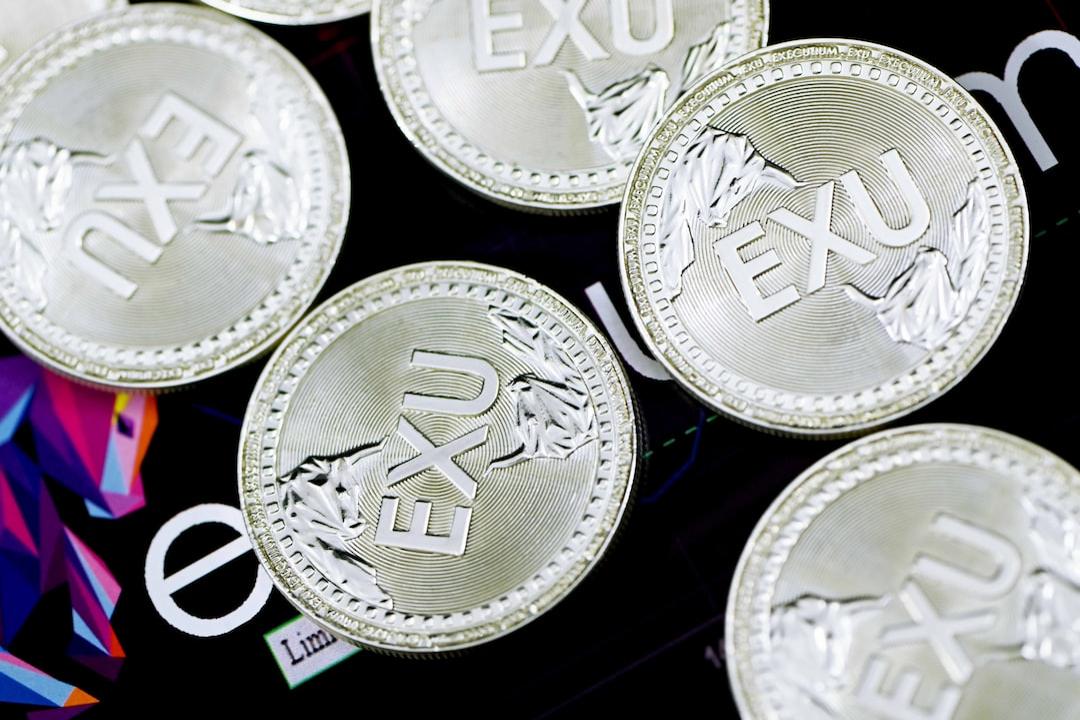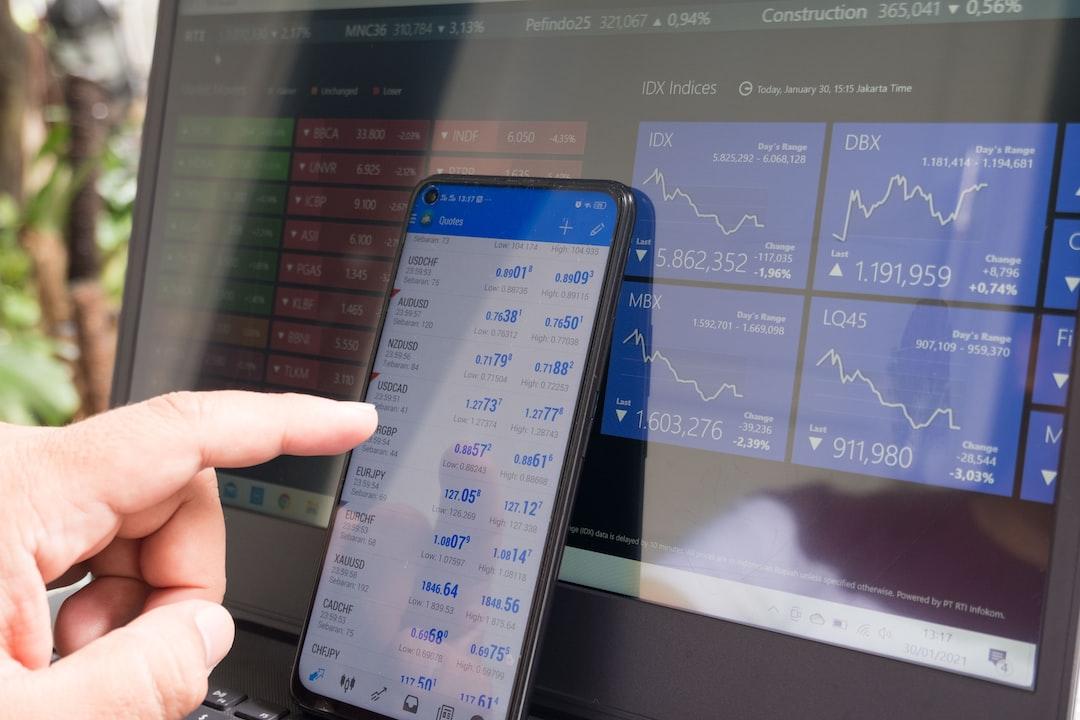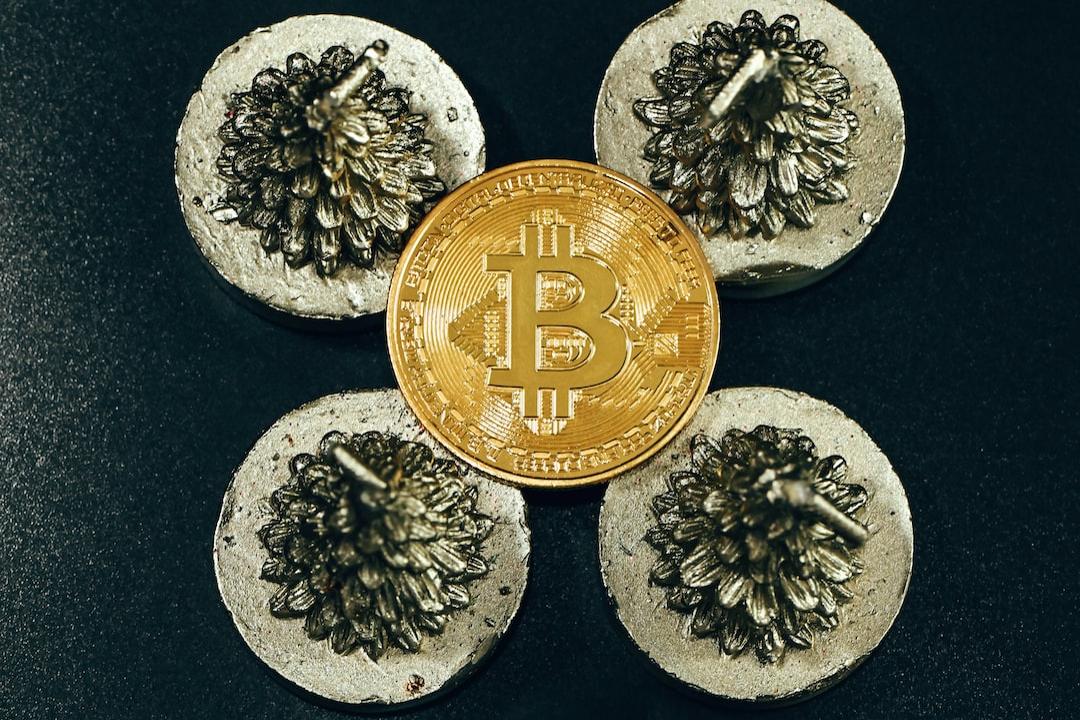Ethereum's transaction fees have experienced a significant decrease, similar to Bitcoin's onchain fees. Over the course of the past 68 days, starting from March 5, 2024, Ethereum's network fees have dropped by 93.7%, going down from $30.33 per transfer to $1.91 per transaction.
An Overview of the Declining Ethereum Fees in 68 Days
The cost of transacting on the Ethereum blockchain has become much more affordable lately, with the average cost now standing at approximately 0.00065 ETH or $1.91 per transaction, as reported by bitinfocharts.com. Furthermore, according to data collected by etherscan.io's gas tracker, executing a basic ETH transfer currently ranges between 4 and 7 gwei, which translates to $0.18 to $0.37 per transfer.

Average transaction fee on Ethereum.
In terms of engaging in a decentralized exchange (dex) swap on Ethereum, the estimated cost for this weekend ranges from $4.16 to $7.28. On the other hand, conducting an NFT sale may cost anywhere between $7.03 and $12.31. Throughout the last 50 days, Ethereum has averaged slightly over one million transactions per day. The busiest day, March 22, 2024, witnessed 1.324 million transactions, while the slowest day, April 4, 2024, recorded 1.091 million transactions. The average daily transaction count during this period is approximately 1.212 million.

Confirmed transactions per day on Ethereum.
Inflationary Ether and the Burning of $12.5 Billion Ethereum
According to figures provided by ultrasound.money, Ethereum is currently experiencing an annual inflation rate of 0.895%. However, if Ethereum had not shifted from a proof-of-work (PoW) system to a proof-of-stake (PoS) framework, the annual issuance rate under PoW would have been 3.923%. Additionally, it has been 1,010 days since the London fork on August 5, 2021.

Inflation rate of Ethereum according to ultrasound.money.
The London upgrade introduced Ethereum Improvement Proposal (EIP)-1559, which changed the gas fee structure from a first-price auction model to a more stable base fee that is burned, effectively removing it from circulation permanently. Since the implementation of this upgrade, a total of 4.29 million ETH, valued at $12.51 billion, has been burned. While the reduced fees benefit users, they also pose financial challenges for ETH validators as Ethereum progresses through its inflationary stage.
These lower fees have an impact on the economic incentives associated with network security. In comparison, Bitcoin has seen a departure of over 100 exahash per second (EH/s) of hashpower since the last halving, primarily due to its declining hashprice. This highlights the delicate balance between ensuring user affordability for adoption purposes and providing adequate compensation for validators as Ethereum continues to evolve its monetary policy and transaction cost structure.
What are your thoughts on how the reduced transaction fees on Ethereum over the past 68 days will affect the network's usage and the wider crypto ecosystem?

